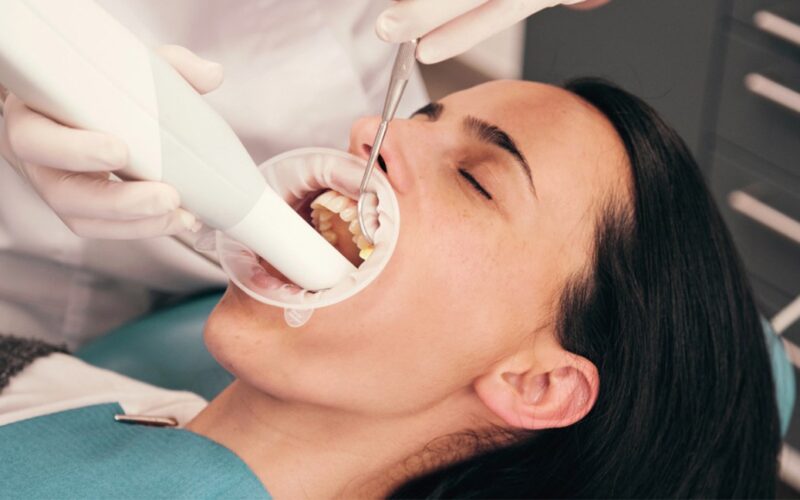Brushing and flossing are important to maintain good oral and overall health. But, even with great daily care, regular dental checkups must not be put off. Having your family’s teeth checked up and cleaned by a dentist helps maintain the health of their mouth, particularly their gums and teeth. In fact, regular dental checkups can help detect early signs of other health concerns such as diabetes, cancer, glandular fever, and HIV. Here’s why regular dental cleaning and checkups are important for your family:
For Children
If your kids play sports, it is best to let them use a mouthguard to help prevent tooth loss. Also, checkups can detect crooked, crowded, and missing teeth. Vitamin deficiencies can also be detected, letting your dentist recommend dietary changes. During a cleaning, early warning signs of gum disease can be identified, allowing the dentist to give appropriate dental treatment in Cottonwood, Arizona as well as give instructions on how to better clean and care for the teeth.
By helping your children develop good oral health habits at a young age, you can help them establish a lifelong process of care. Practicing good oral habits, through daily brushing and flossing as well as regular cleaning, can help prevent gum disease and tooth loss. As a result, your child avoids the possibility of getting root canal therapy in the future and prevents cavities and tooth discoloration. The earlier the dentist discovers these issues the less difficult and expensive the treatment becomes.
The dentist can place fissure sealants in deep fissures in molar teeth to prevent tooth decay. Deep fissures are usually not easily cleaned by a toothbrush or mouthwash.
For Adults
Adult members of your family may be concerned with tooth loss, gum disease, and cancer, particularly for those who have a history of alcohol use or smoking. Also, adults may have to get their wisdom teeth removed as they get older. Regular checkups and cleanings will let the dentist examine the position of the wisdom teeth, letting you better prepare for when and how they should be extracted.
As the dentist or hygienist cleans the teeth, they remove soft plaque and hard tartar, residues that accumulate on and between teeth and along the gum line. The biofilms contain bacteria that secrete acids that can corrode tooth enamel, causing cavities and inflamed gum tissue. Additionally, the hygienist will polish all tooth surfaces with a special rotary toothbrush and toothpaste. Every care plan at their clinic is tailored to individual needs.

